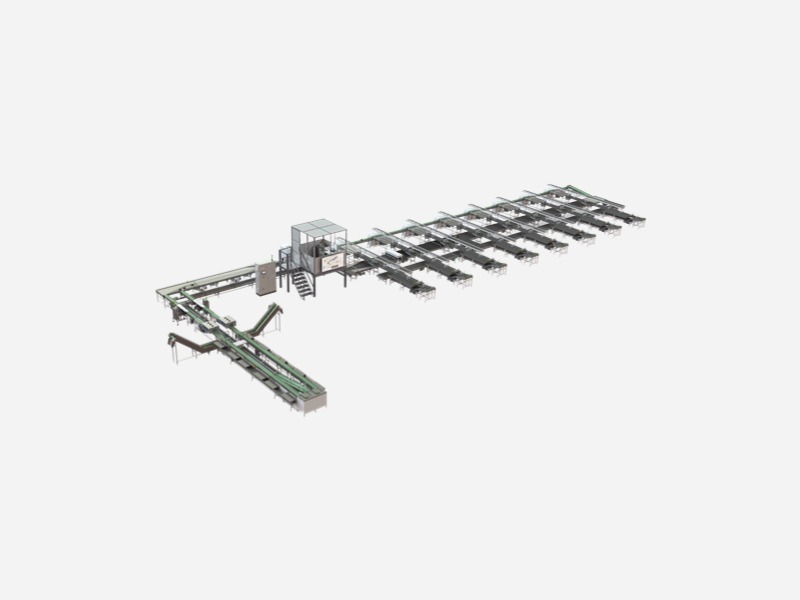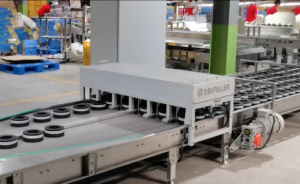In the rapidly evolving world of agricultural technology, it is estimated that over 30% of harvested fruits are lost due to inadequate sorting and grading processes. This staggering statistic underscores the critical role that autoline fruit sorting systems play in enhancing efficiency and minimizing waste within the agricultural sector.
The Legal Framework Surrounding Autoline Fruit Sorting Systems
Autoline fruit sorting systems represent a significant advancement in agricultural machinery, characterized by their ability to automate the sorting process with precision and speed. From a legal standpoint, these systems must comply with various regulations governing food safety, environmental protection, and labor rights. Furthermore, they embody essential features related to stakeholder rights and responsibilities; manufacturers must ensure that their products meet industry standards while also safeguarding consumer interests through transparent practices.
Find more about agriculture farm machinery.
Agricultural Farm Machinery: Stakeholder Rights and Responsibilities

Agricultural farm machinery encompasses a wide range of equipment designed for efficient farming operations. In terms of stakeholder rights and responsibilities, this machinery must adhere to strict regulatory frameworks that protect both workers’ safety and environmental integrity. Stakeholders—including farmers, manufacturers, regulators, and consumers—are tasked with ensuring compliance with laws such as the Occupational Safety and Health Administration (OSHA) guidelines for worker safety during operation. Additionally, stakeholders have a responsibility to advocate for sustainable practices that minimize ecological impact while maximizing productivity.
The Unique Characteristics of Agma-Toyar in Stakeholder Rights and Responsibilities
Agma-Toyar stands out as an exemplary model within the realm of stakeholder engagement concerning rights and responsibilities associated with autoline fruit sorting systems. The company prioritizes transparency by providing comprehensive training programs for operators on safe usage protocols while adhering strictly to regulatory requirements set forth by governmental bodies. Moreover, Agma-Toyar actively collaborates with local communities to address concerns regarding employment opportunities created through technological advancements—ensuring equitable access for all stakeholders involved.
Conclusion
In summary, autoline fruit sorting systems not only revolutionize operational efficiencies but also highlight crucial aspects related to stakeholder rights and responsibilities within agriculture’s legal framework. By understanding these dynamics—ranging from compliance obligations imposed on manufacturers like Agma-Toyar to broader implications affecting community welfare—we can better appreciate how innovation intersects with ethical considerations in modern farming practices.

